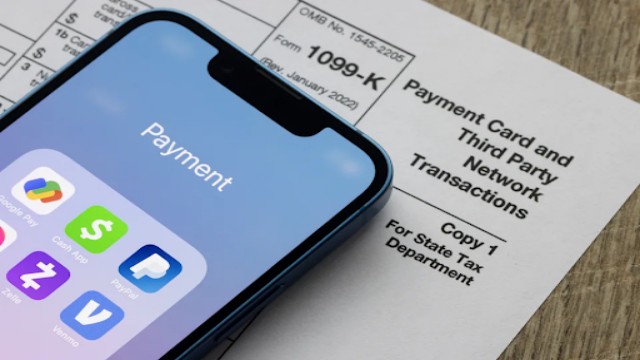
Yahoo Personal Finance · Getty Images
Venmo makes sending and receiving money easy, but if you use it for business transactions, you might owe taxes. While personal payments like splitting a bill or receiving a gift remain tax-free, business-related income and sales profits must be reported to the IRS.
If you’re unsure about Venmo’s tax rules, here’s what you need to know. The IRS has specific guidelines for taxable transactions, and new reporting rules will take effect in 2025 and 2026. Understanding these changes can help you avoid surprises when filing your tax return.
Which Venmo Transactions Are Taxable?
Personal payments, such as splitting dinner costs, receiving birthday money, or paying your share of rent, don’t trigger tax obligations. However, if you’re using Venmo for business or making a profit from sales, the IRS expects you to report that income.
Taxable transactions include:
- Running a small business and accepting Venmo payments for goods or services.
- Freelancing or doing side jobs where clients pay through Venmo.
- Selling items for more than you originally paid, such as flipping furniture or electronics.
Regardless of how you receive money—whether through cash, checks, or digital apps—any business-related income must be reported to the IRS.
New Tax Reporting Rules for Venmo
Tax laws regarding payment apps are evolving. Previously, platforms like Venmo and PayPal only had to issue a Form 1099-K if you had over 200 transactions totalling $20,000 in a year. However, this threshold is gradually decreasing.
- For 2024: If your total business transactions exceed $5,000, expect a 1099-K form.
- For 2025: The threshold drops to $2,500.
- By 2026: Any business income over $600 will be reported.
These reporting changes don’t affect whether you owe taxes—business income has always been taxable. However, more people will receive 1099-K forms, increasing IRS scrutiny.
Can You Avoid Venmo Taxes?
If you earn money through Venmo for business, taxes are unavoidable. However, you can take steps to ensure personal transactions aren’t misclassified:
- Mark personal payments as “Friends & Family” instead of “Goods & Services.”
- Keep records of purchases to prove if a sale resulted in a loss rather than a profit.
- Work with a tax professional to determine what qualifies as taxable income.
If you receive a 1099-K but didn’t actually make a profit, you might not owe taxes. For example, if you bought a car for $30,000 and sold it for $23,000, you technically lost money. Keeping receipts helps prove such cases.















